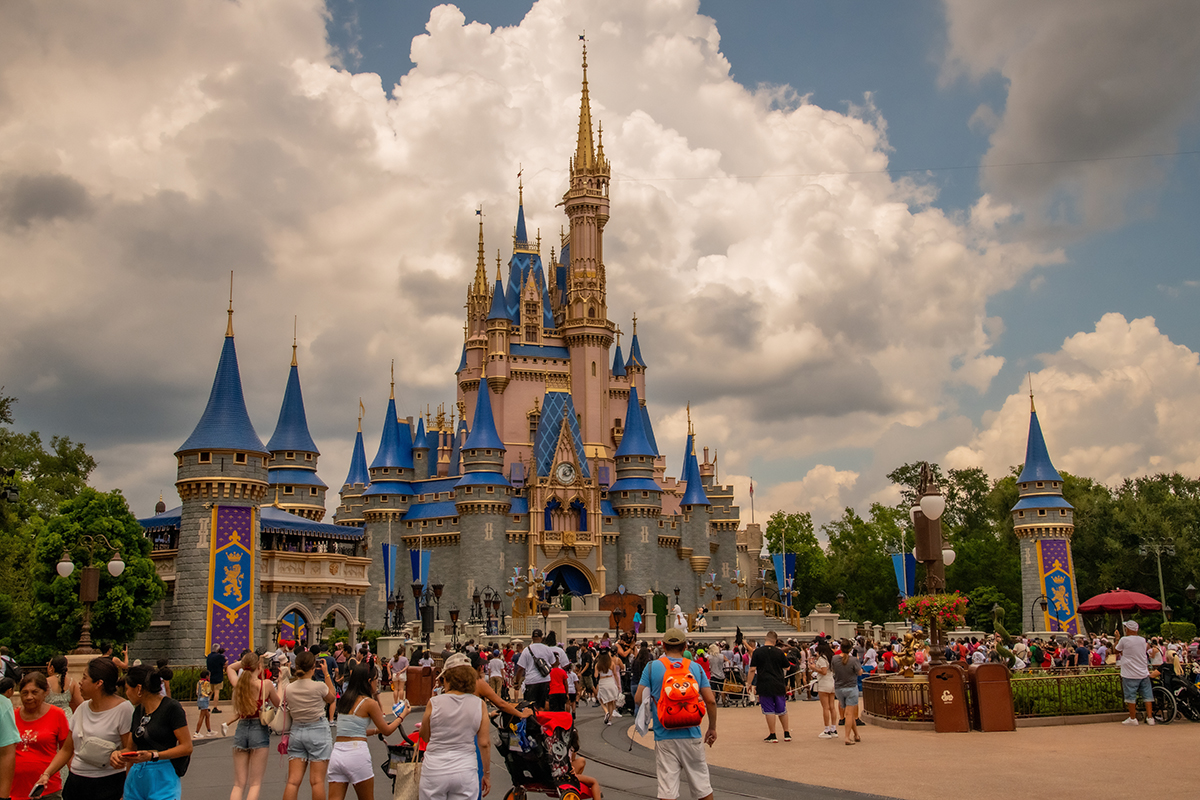In a recent development amid ongoing legal disputes with Florida Governor Ron DeSantis, Disney disclosed a study revealing a significant $40.3 billion contribution to Florida’s economy. This report comes as the entertainment giant grapples with the recent takeover of its governing district by DeSantis-appointed officials.
The study, conducted by the reputable analytics firm Oxford Economics, demonstrates the expansive economic influence Disney wields in the region. The analysis, covering the fiscal year 2022, showcases that Disney is responsible for 263,000 jobs within the state. This figure is notable as it surpasses the direct workforce of Walt Disney World by more than threefold. These jobs stem not only from Disney’s direct hires but also from the wider economic activities generated by visitor spending beyond the boundaries of Disney World.
In terms of employment, Disney stands as a central pillar in central Florida’s job market, directly accounting for one out of every eight jobs. Moreover, the ripple effect of each direct job at Disney leads to the creation of an additional 1.7 jobs throughout the state, underscoring the company’s vast economic network extending from direct to indirect employment.
The timing of the study’s data is particularly noteworthy as it predates the contentious takeover of the Reedy Creek Improvement District—now renamed the Central Florida Tourism Oversight District. The shift in control followed Disney’s public opposition to a Florida law that restricts classroom conversations on sexual orientation and gender identity in the early grades, a legislative move heavily advocated by Governor DeSantis.
Despite the current legal tussles, Disney has previously expressed intentions to invest an additional $17 billion in central Florida over the next decade, potentially creating another 13,000 jobs. However, the company’s commitment to these investments has been somewhat uncertain, evidenced by the cancellation of plans to relocate 2,000 employees from California for roles in digital technology, finance, and product development.
The legal friction intensified when, before the district’s control was transferred from Disney-friendly board members to those appointed by DeSantis, arrangements were made that would grant Disney more authority over design and construction activities. These last-minute agreements have become a bone of contention, with the newly controlled district challenging their validity and Disney responding with counterclaims to affirm them.
In a broader view of Disney’s financial health, the company’s theme parks have experienced a worldwide increase in operating income. However, the Florida resort has seen a downturn, impacted by factors such as the closure of its Star Wars-themed attraction and a decline in hotel occupancy rates.
This ongoing saga between Disney and the state of Florida encapsulates a complex interplay of economics, politics, and corporate governance, with substantial implications for the region’s economic landscape and Disney’s future endeavors in the state.























+ There are no comments
Add yours